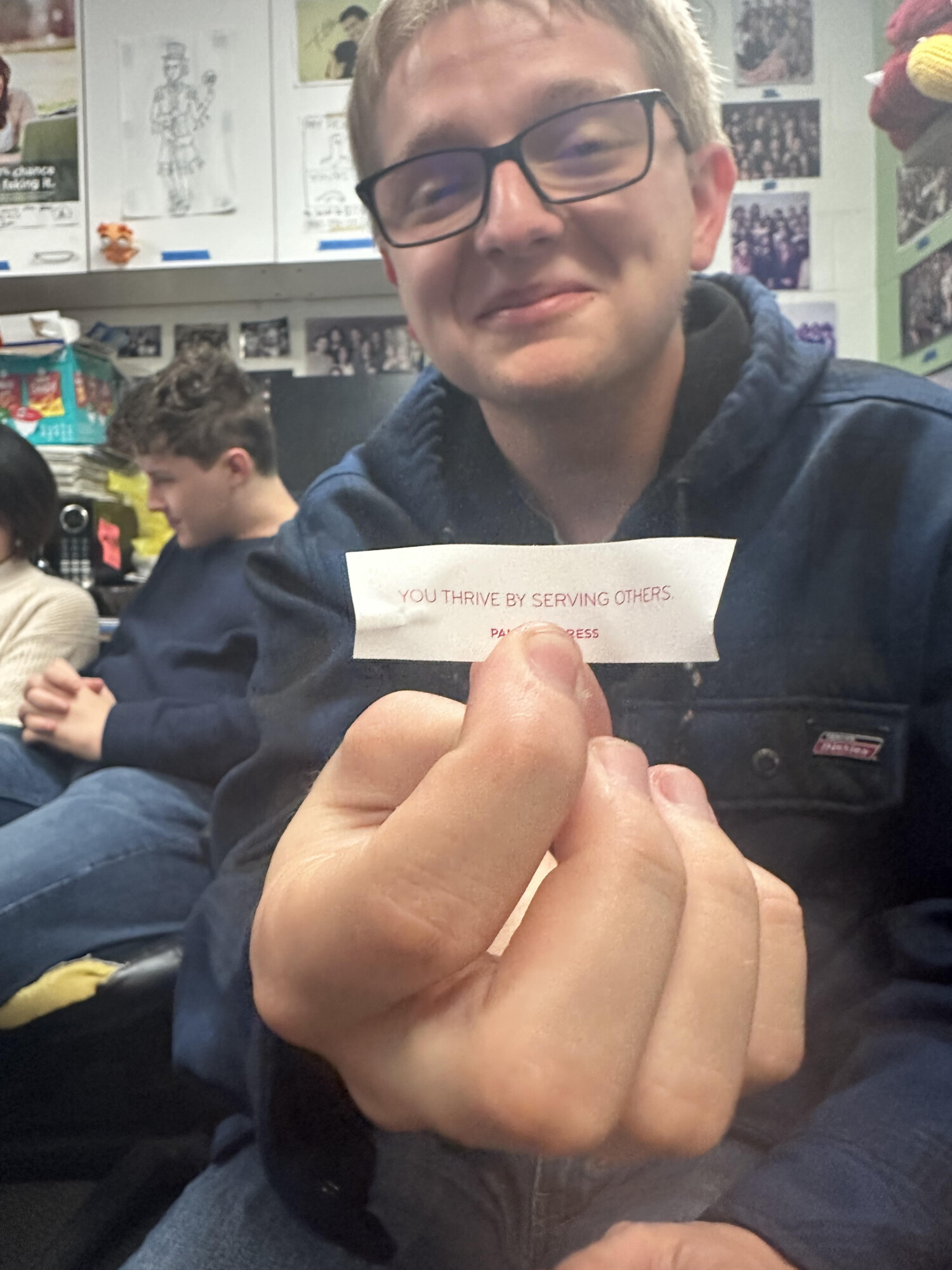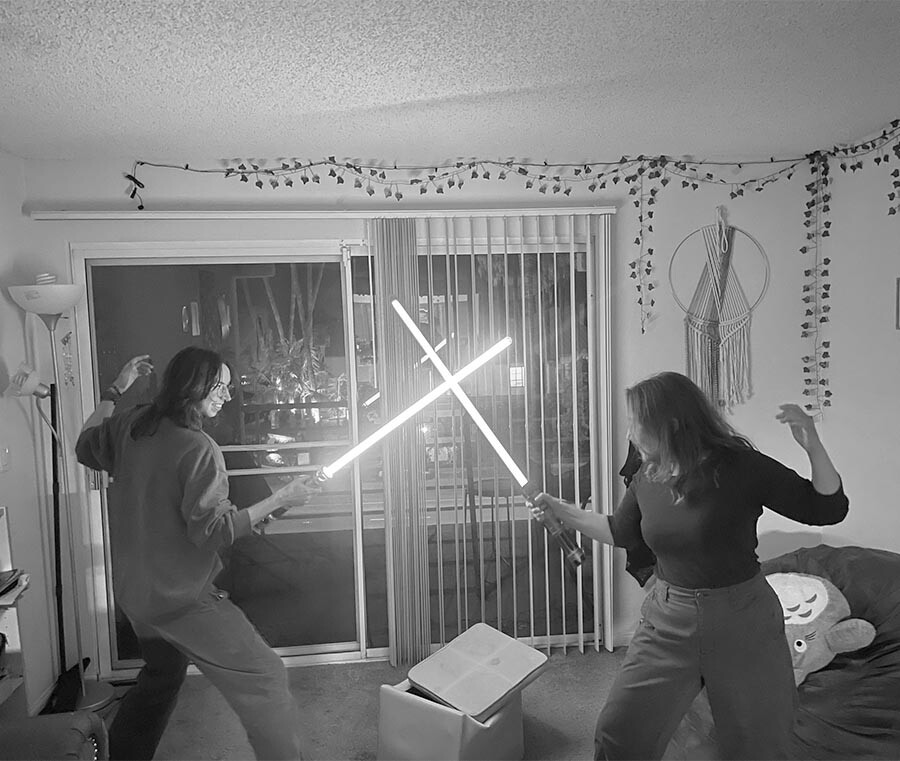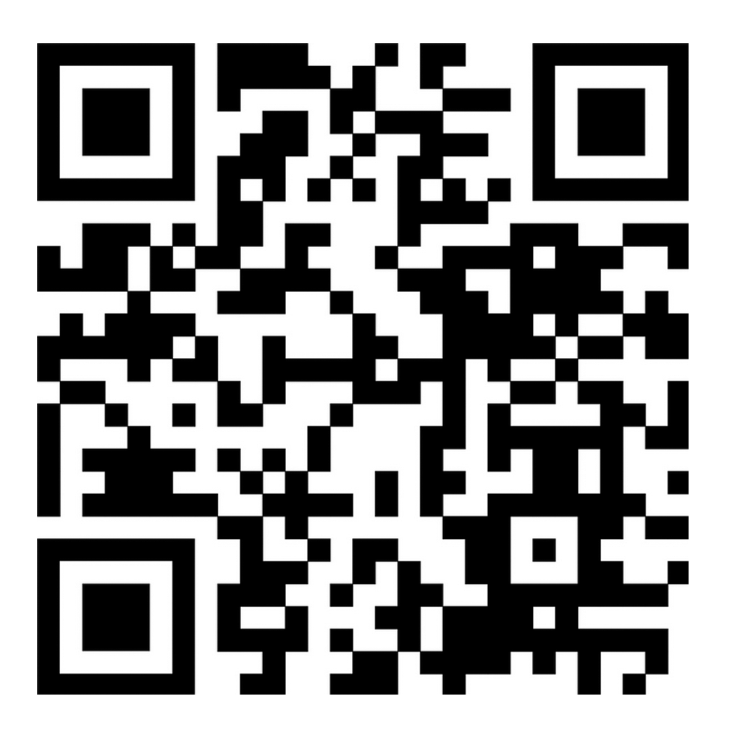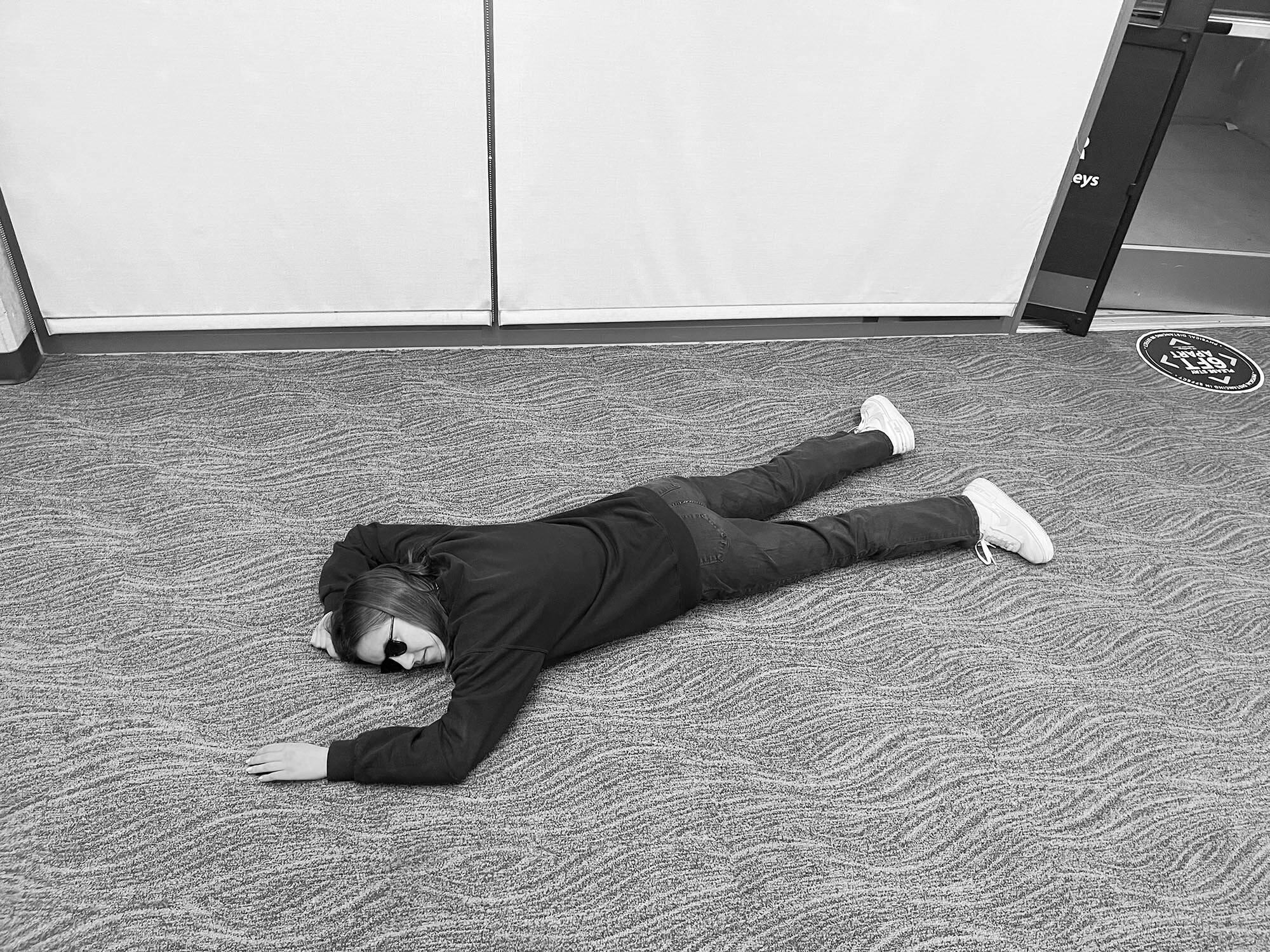A study conducted by the Cognitive Science Student Association in adjunct with Associated Students as part of their grade distribution collection has determined that third-year UC San Diego student Oliver Wells is the first known human on record to have failed the Turing test. The test — devised by Alan Turing as a way of detecting whether his “chatroom honeys” were real men or just very ripped bots — was conducted on Wells following his failure in the 107A class for the second time in as many years.
The CSSA was surprised to learn that, in the case of Wells, the computer was capable of more intelligent, coherent conversation than Wells, who was only capable of regurgitating information he had learned in his neuroanatomy class.
“The rhombencephalon develops from the most caudal vesicle of the brain during embryonic development,” Wells managed to answer when asked how his day had been, a standard question during the artificial intelligence test. “Up until this point, cells in brain are mostly unspecialized stem cells.”
Lead researcher Janet Rachels is worried for what this means for human abilities going forward, but most importantly how human deficits in the ability to learn may pave the way for computer domination in STEM fields, a where the U.S. is already lagging.
“I’ve had to rework an existing term within the artificial intelligence community, ‘machine learning,’ or how computers are able to learn from patterns,” Rachels said of her confusing use of the same term to mean different things inside her paper on Wells. “When in reference to humans, ‘machine learning’ means literally to ‘learn like a machine,’ that is to just take in information from a library, in this case ‘lectures in COGS 107A,’ and output that same information.
“Without the ability to manipulate this information and use it in new ways, Wells is no better than a poorly written Java program.”
“My day has been a little long because I had to get out of bed early in order to make it to my 8 a.m. class,” said Dark Sid — the artificial intelligence with who Wells was tested against and whom has been accused of being attuned to some standard Turing tests — when asked for their thoughts on the Wells debacle.
“How about yours? I know you said you had that test to conduct later today.”
Professor Jaime Pineda declined to comment on why he failed a student who knew the material word for word, but was heard muttering while reading over Wells’ final exam that “[he] already knew everything Wells was saying because [he] put it on the damn slides.
“And I don’t need to be reminded that I spelled it ‘brian.’”
Written by: Jacob Aguirre











